In an ambitious initiative aimed at transforming the vast expanses of Southern Algeria into productive agricultural lands, the Minister of Agriculture and Rural Development, Youcef Cherfa, issued a call to action during a crucial meeting held Saturday in Algiers. This gathering, which brought together public operators and beneficiaries of large agricultural perimeters in the southern wilayas, marks a turning point in the national agricultural strategy.
At the heart of this new approach is the requirement for operators to present detailed agricultural plans for the next three seasons, covering the period from 2024 to 2027. This rigorous planning aims to significantly increase agricultural production in strategic sectors, potentially transforming the South into a true granary for Algeria.
The focus is on expanding major crops such as cereals, corn, oilseed plants, and legumes. This crop diversification is essential to strengthen the country’s food security and reduce its dependence on imports.
An innovative aspect of this initiative is the introduction of performance contracts for each operator, specifying allocated areas and expected yields. This approach, based on accountability and performance, aims to optimize resource use and maximize productivity.
The project to create large yellow corn cultivation perimeters in the wilaya of In Salah illustrates the ambition of this initiative. This decision could not only stimulate local production of this strategic commodity but also create new economic opportunities in the region.
This initiative is part of a broader context of agricultural development, as evidenced by the recent general agricultural census. The objective is to establish a precise mapping of the country’s agricultural potential and implement a national development strategy in the short and medium term.
The challenge is significant: transforming traditionally arid areas into productive agricultural lands will require substantial investments in irrigation, adapted agricultural technologies, and training for local farmers. However, if successful, this initiative could not only strengthen Algeria’s food security but also revitalize the economy of the southern regions, offering new employment and development prospects.
As Algeria faces the challenges of climate change and population growth, this bold strategy of agricultural development in the South could well be the key to ensuring a sustainable food future for the country.






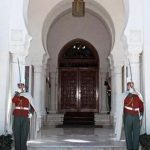

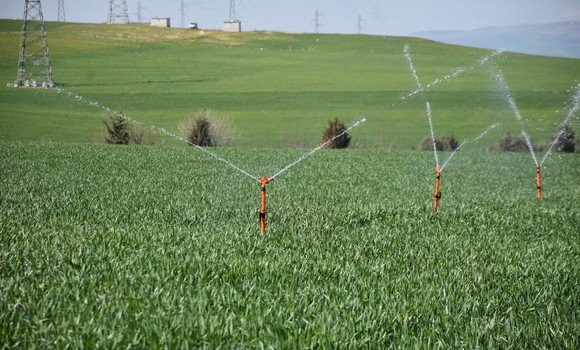
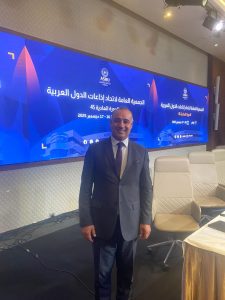

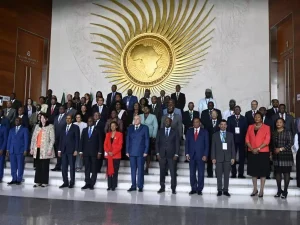
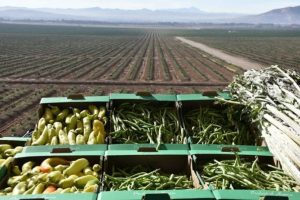
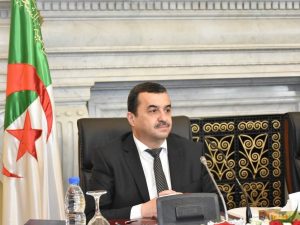
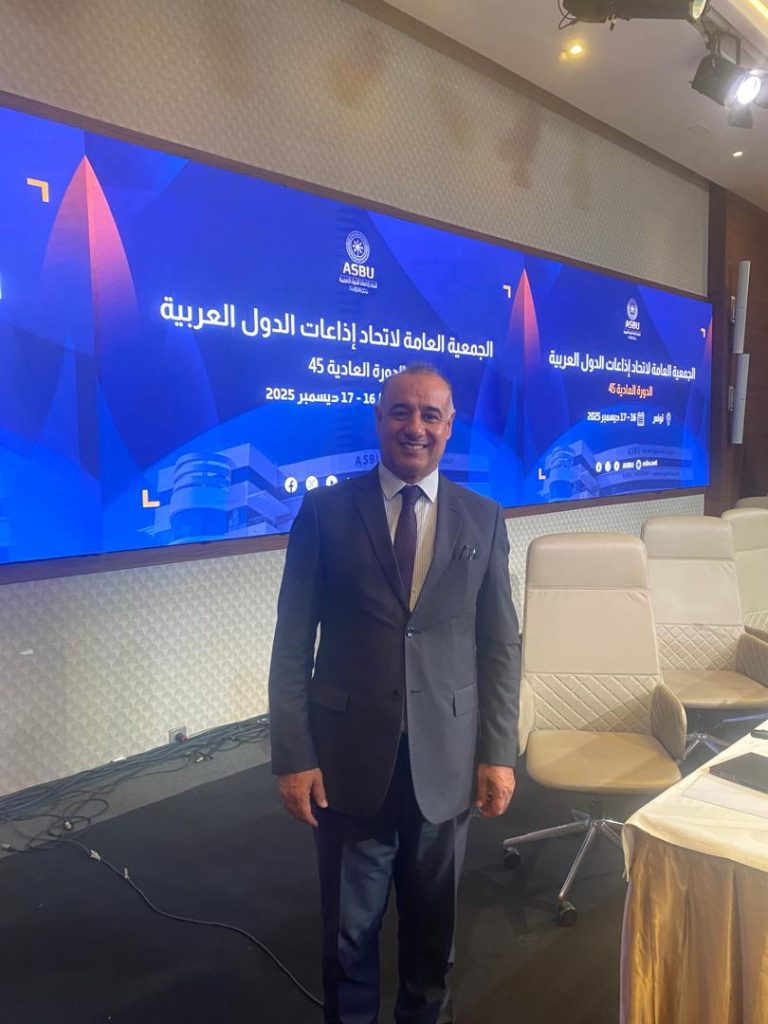

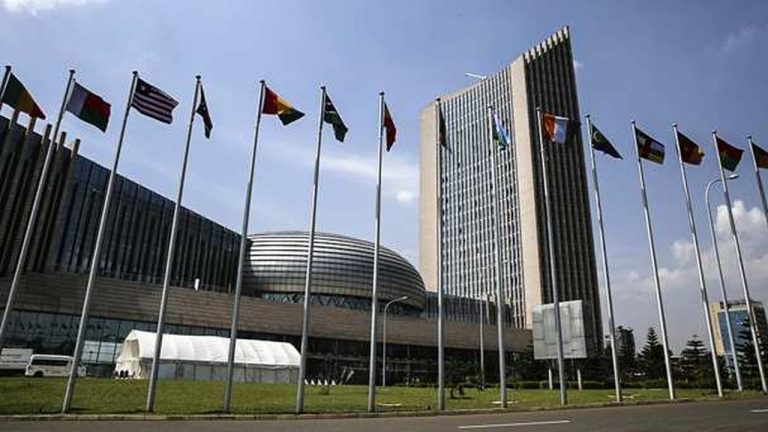
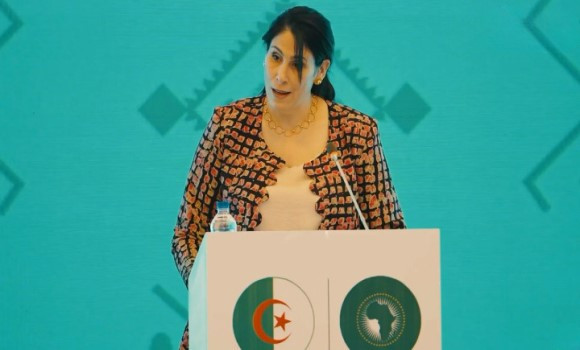
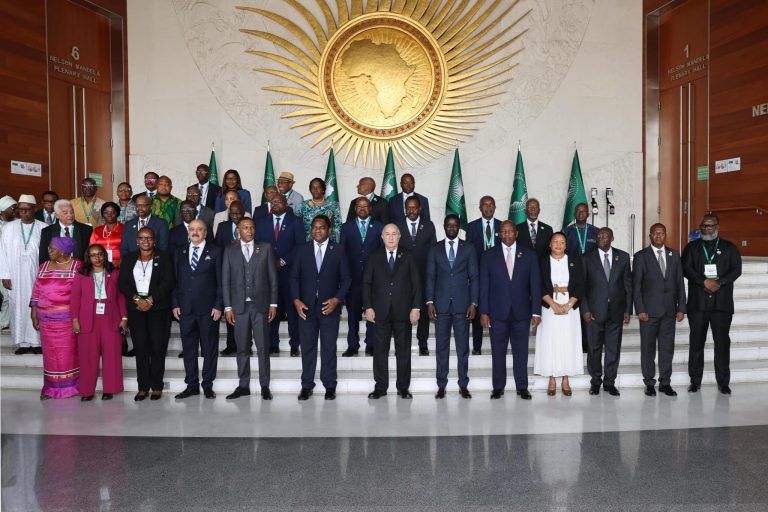
+ There are no comments
Add yours